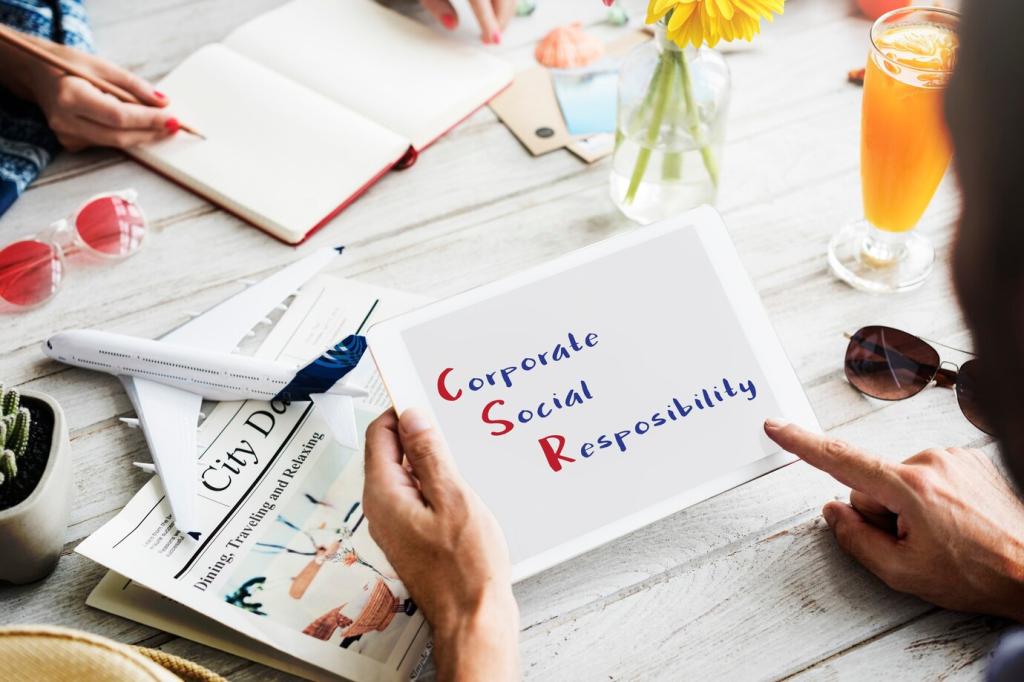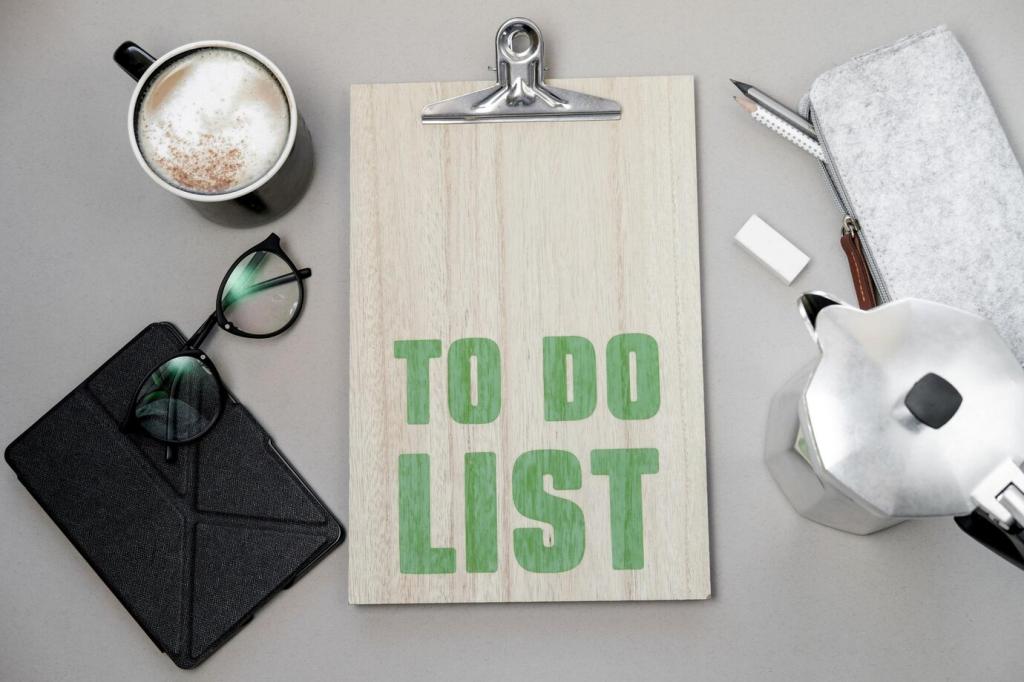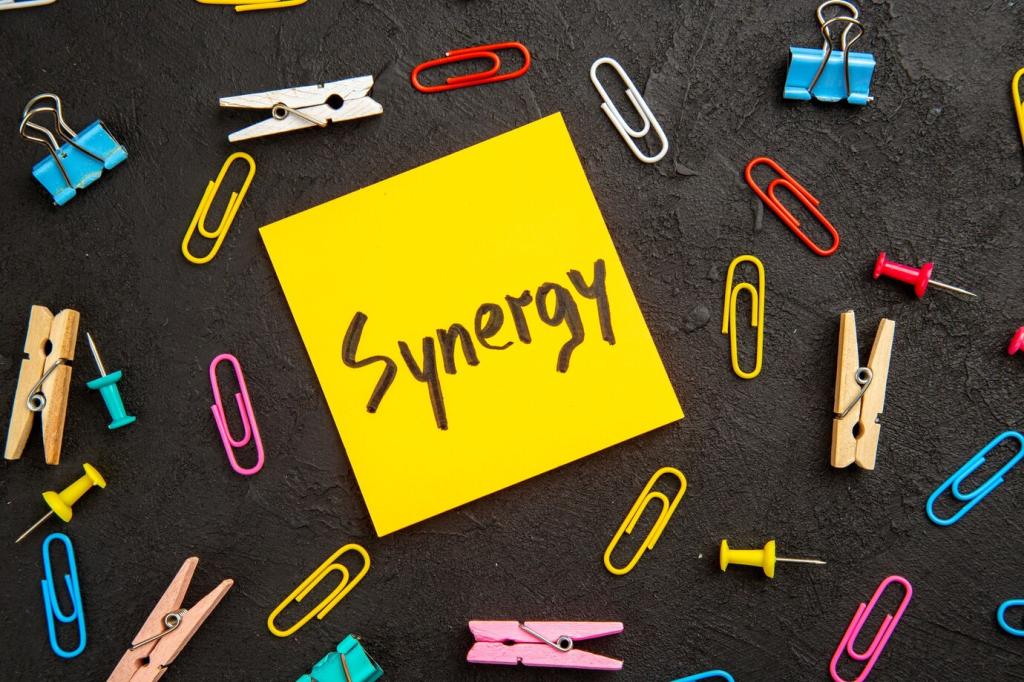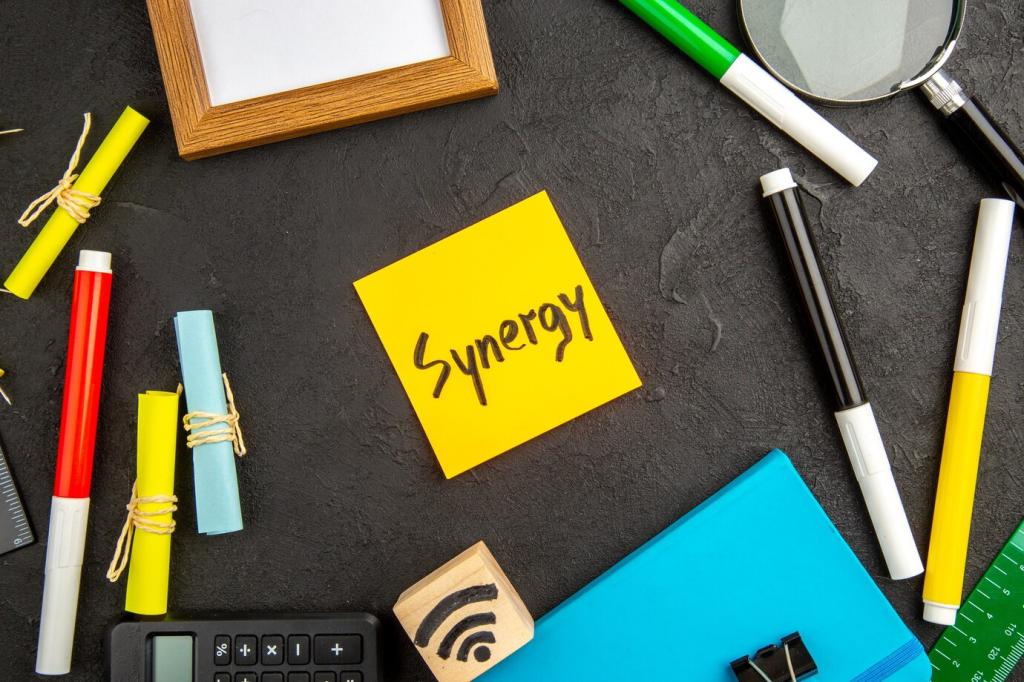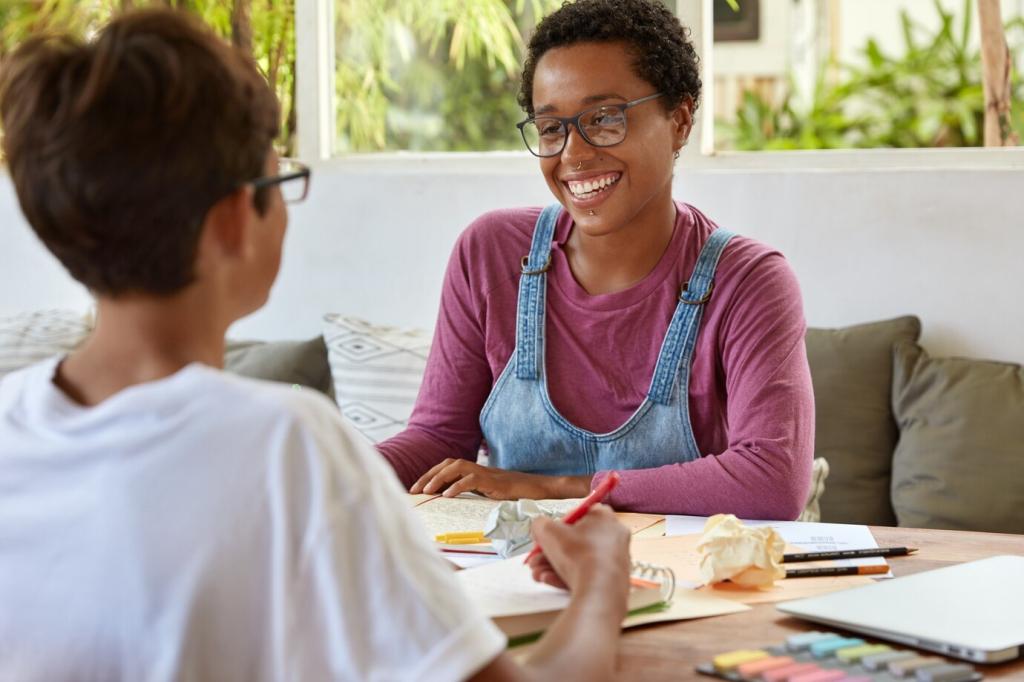Language, Humor, and Unspoken Rules
Learn greetings, apologies, and thanks in the local language. Even imperfect attempts show respect. Pair your words with patient listening, and people often meet you halfway with warmth and guidance.
Language, Humor, and Unspoken Rules
Jokes depend on shared context. Avoid sarcasm and sensitive topics until you understand local boundaries. Ask friends what is appropriate. Invite readers to share humor tips that bridged, not broke, connections.

